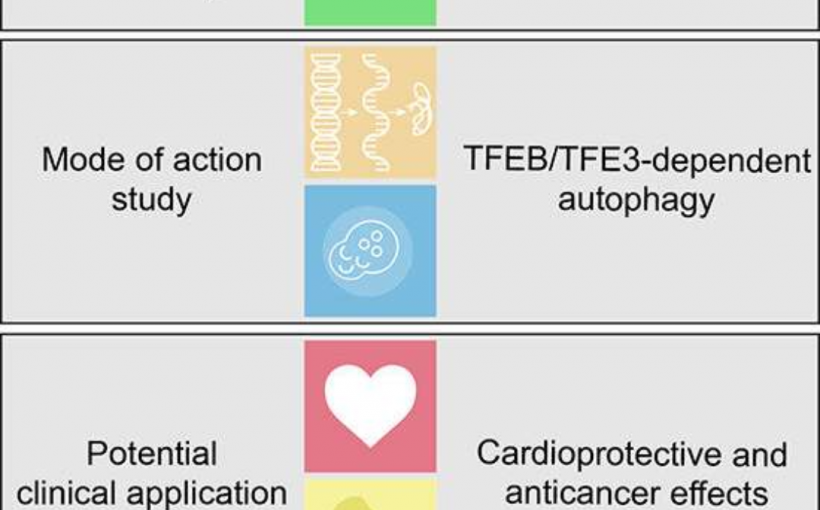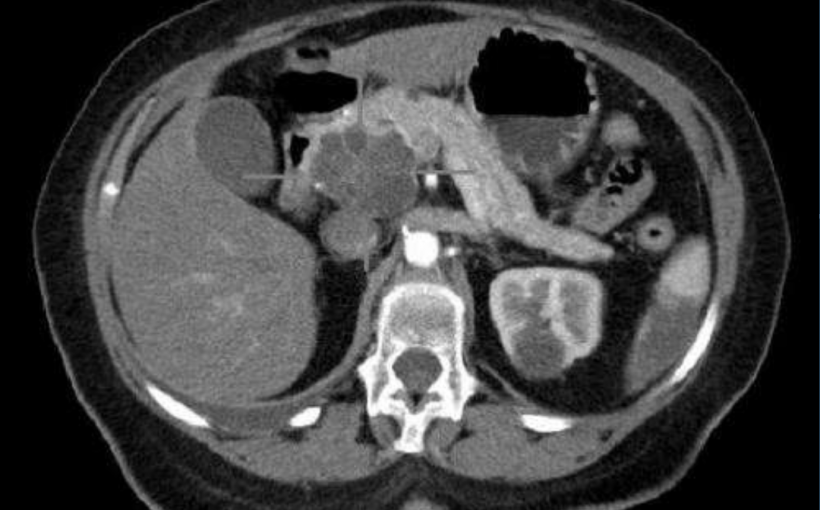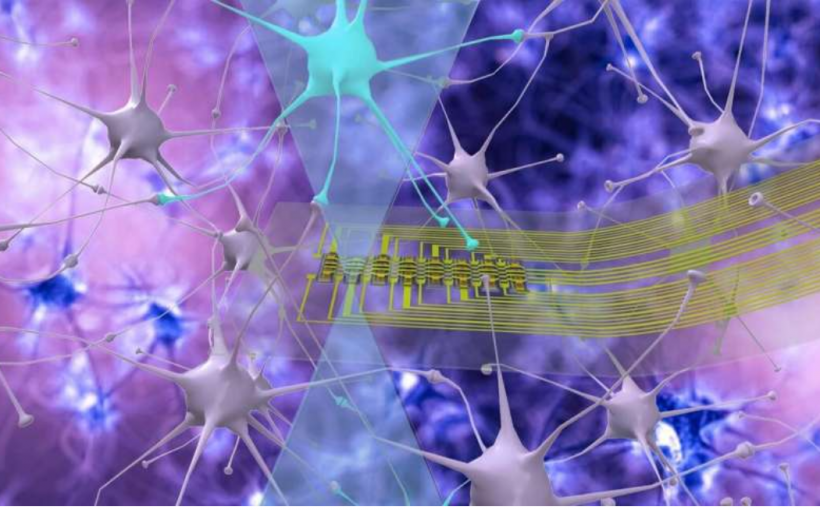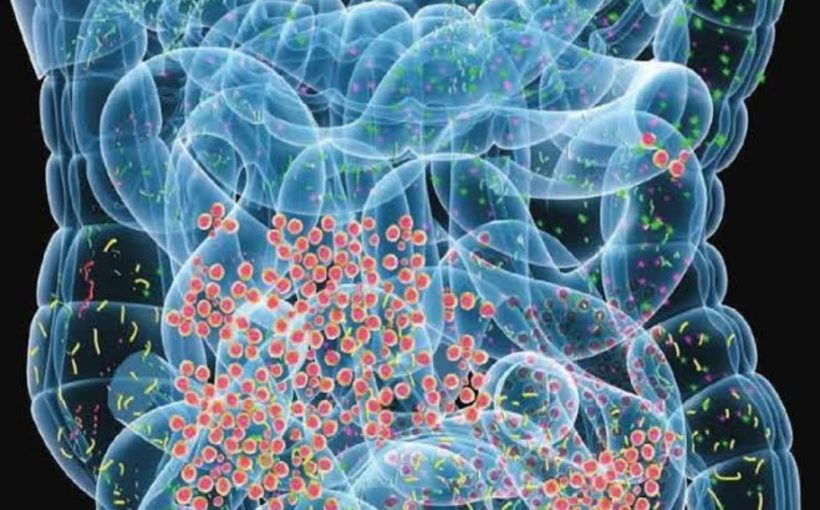Scientists at the University of East Anglia are pioneering a new way of finding the bacteria and viruses associated with

stay healthy…

Scientists at the University of East Anglia are pioneering a new way of finding the bacteria and viruses associated with

High glucose in obesity appears to gum up the works of the circadian clocks inside our cells that help regulate

There are many indications that fasting promotes longevity. In recent years, much attention has been devoted to so-called caloric restriction

Despite advances in cancer survival, more than 90 percent of people with pancreatic cancer die within five years. Most patients

Aimovig – also known as erenumab – is the first treatment to target the process that leads to migraine symptoms.

The amount of time teenagers spend on social networking sites has risen 62.5 percent since 2012 and continues to grow.

Myocardial infarction (MI), commonly called heart attack, remains a leading cause of mortality and morbidity worldwide, raising an urgent

An interdisciplinary collaboration between researchers at Carnegie Mellon University has produced a new type of neural probe with an innovative
Malaria is one of the world’s deadliest infectious diseases: a small mosquito bite delivers numerous malaria parasites into the bloodstream.

A study presented at UEG Week 2019 has shown that specific foods could provide protection for the gut, by helping